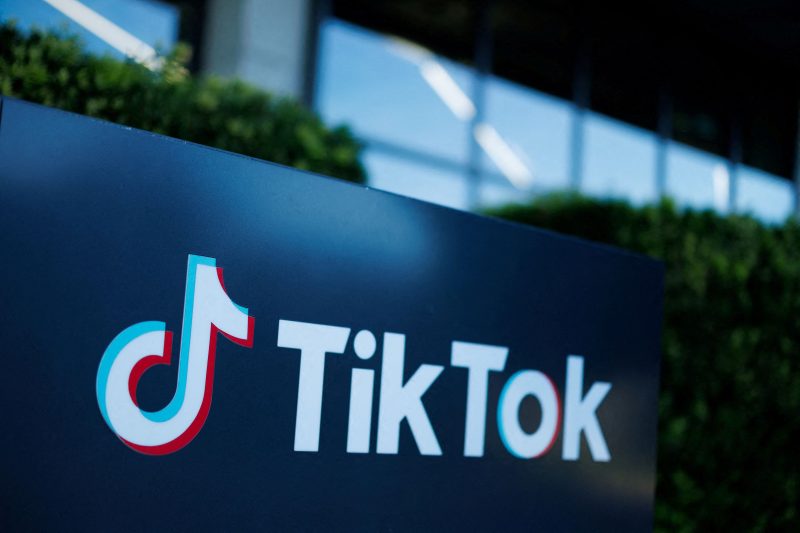The recent news about the U.S. House approving the TikTok bill, which gives ByteDance six months to sell off its American operations, has sent shockwaves throughout the tech industry. This decision comes after concerns raised about national security and data privacy issues associated with the Chinese-owned app, which has exploded in popularity over the past few years. The bill itself aims to address these concerns and mitigate potential risks by forcing ByteDance to divest its TikTok operations in the U.S.
ByteDance, the parent company of TikTok, now faces a tight deadline to comply with the terms of the bill. However, the likelihood of ByteDance being able to sell off TikTok in such a short timeframe is indeed questionable. Amid escalating tensions between the U.S. and China, potential buyers may be hesitant to step in and acquire the social media platform, given the complex regulations and uncertainties surrounding the deal. Moreover, valuing TikTok’s U.S. operations accurately and finding a suitable buyer willing to meet ByteDance’s expectations pose additional challenges.
One key aspect that complicates the sale process is the intricate nature of TikTok’s technology and algorithms. These assets are considered crucial for the app’s success and would be a significant bargaining chip in any potential acquisition deal. However, sharing these proprietary technologies with a new owner raises concerns about intellectual property protection and potential misuse, which further exacerbates the challenges of finding a suitable buyer within the stipulated timeframe.
The political landscape surrounding TikTok’s future adds another layer of complexity to the situation. The ongoing trade tensions between the U.S. and China have cast a shadow of uncertainty over the fate of TikTok, as geopolitical considerations are likely to influence any potential sale. The involvement of multiple stakeholders, including government agencies and regulatory bodies, further complicates the process, making it increasingly unlikely for ByteDance to successfully offload TikTok within the six-month window provided by the bill.
In conclusion, while the U.S. House’s decision to approve the TikTok bill underscores the growing concerns over data privacy and national security risks associated with the app, the practicality and feasibility of ByteDance selling TikTok within six months remain uncertain. The intricate technological assets, geopolitical dynamics, and regulatory challenges involved in the sale process make it a daunting task for ByteDance to comply with the bill’s requirements. As the deadline looms, the tech industry and stakeholders await further developments to see how this high-stakes saga unfolds.
